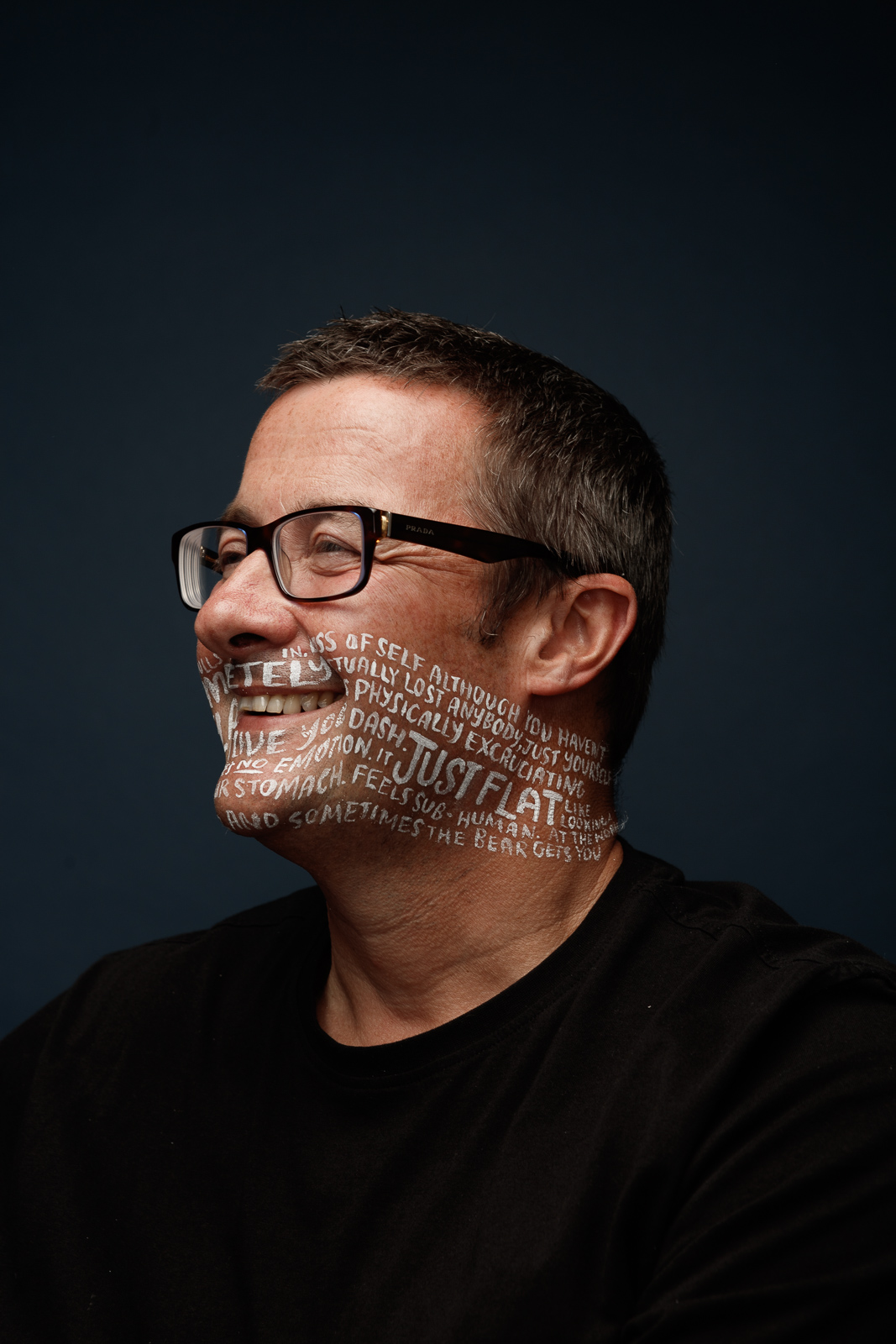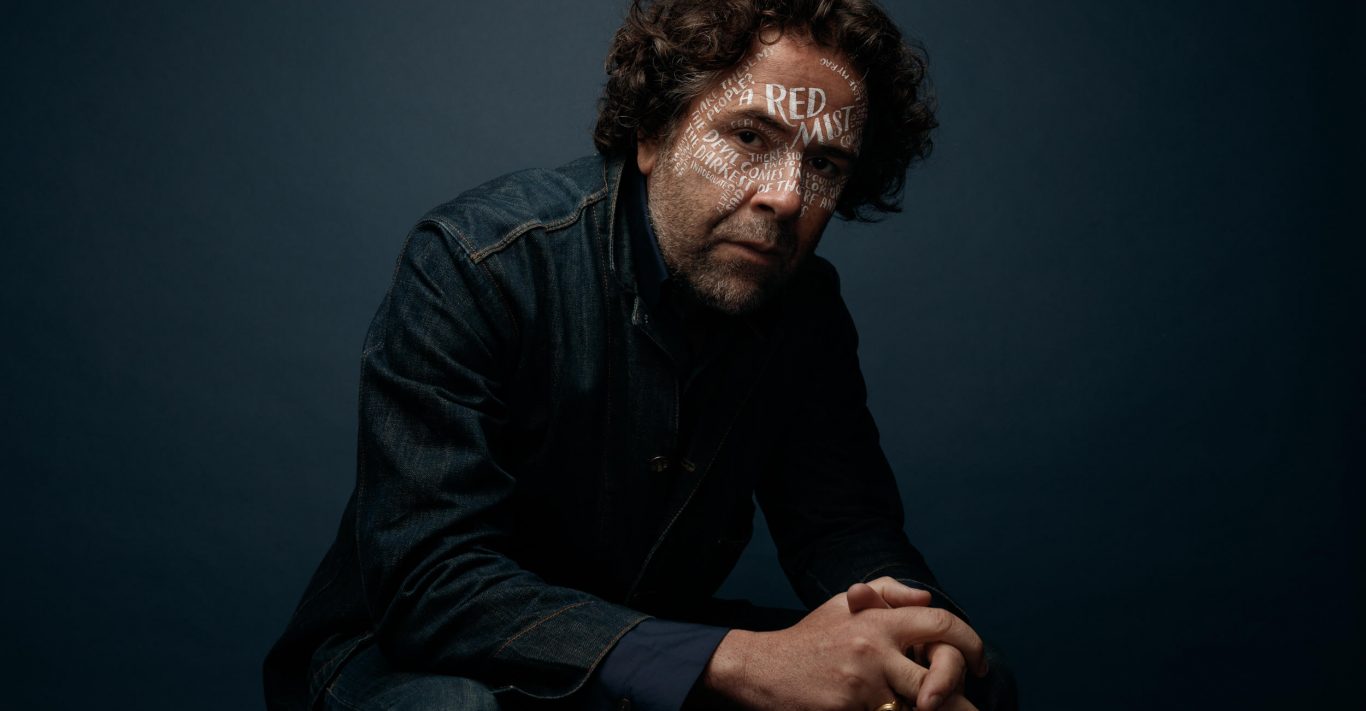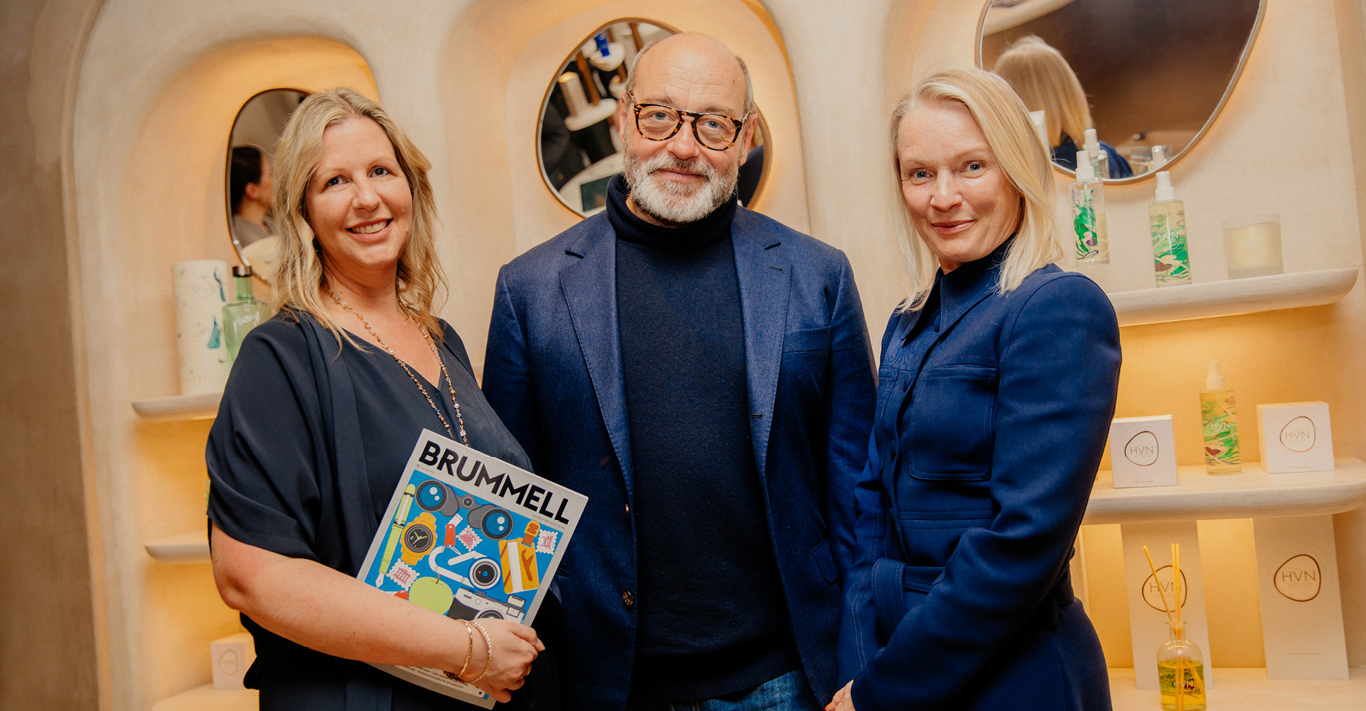How would you sum up The Photography Movement?
The Photography Movement is a not-for-profit organisation, founded to help all humankind express their feelings and emotions around mental health through the medium of photography. We do this through a carefully curated programme of exhibitions, workshops and talks.
How did the two of you come together to create The Photography Movement?
We have both worked in and around photography all of our adult lives. Having both lost close friends and family to suicide, we initially wanted to raise awareness and funds for mental health and associated charities using photography as the conduit for conversation.
In what way is photography an important tool in helping people with their mental health?
Research has shown that being creative and expressing your ideas through photography can be beneficial to your wellbeing. It is a proven therapeutic medium which frees the mind to concentrate on the creative process and put you in the moment.
Can you tell us more about your Show and Tell project and what the exhibition is all about?
The Photography Movement is proud to have teamed up with world-leading photographers to create a series of four workshop films, full of tips and techniques encouraging young people to create photographs using just their smartphones.
We invited 11-18 year olds across the country, whether through a school or independently, to participate in the Show and Tell programme, watch the workshop films, practice new photography skills by completing our tasks, and create images that help express their feelings. We had over 22,000 entries through the global photography community platform EyeEm, curated to faithfully represent the emotions and stories of young people across the UK. This has culminated in a national exhibition that launches next month with a selection of high-profile judges including Rankin, Daisy Lowe and Emma Hardy, who will select their favourite photos.

How important is it to teach children the importance of being open about mental health?
It is absolutely imperative that children feel comfortable discussing their feelings and that mental and physical health are two sides of the same coin.
What do you like to do to look after your wellbeing?
Scott: Finding the time for regular exercise and also reading an analogue book as opposed to a Kindle or on a phone. I have also taken up painting by numbers, which I find extremely satisfying as I am a hopeless artist.
Steve: Daily meditation and long walks into nature plus yoga, cycling, good food and making sure I catch up with family and friends during lockdown.
Can you name one positive lesson you have learnt in the past year of uncertainty that you would share with others?
Scott: Accept that most things that happen in life are outside of your control and try to look for the positives in any given situation.
Steve: Volunteering for a local youth centre and delivering to families who were so fearful and vulnerable during lockdown made me realise how we must find time to help others and not put ourselves first all the time.
Who is your role model and how have they influenced you in your work?
Scott: I don’t have a single role model but I am a humanist and try to live by the values that humanism espouses, which are:
- Engaging in dialogue and debate rationally, intelligently, and with attention to evidence.
- Recognising the dignity of individuals and treating them with fairness and respect.
- Respecting and promoting freedom, democracy, human rights, and the rule of law.
- Cooperating with others for the common good, including with those of different beliefs.
- Celebrating human achievement, progress, and potential.
Steven: I don’t have a single role model, but I have been lucky to have various inspired individuals along the way, including my father who was a typographer and cut fonts for Letraset during the ’60s. He has inspired me throughout my career with his passion for life, even taking up painting and learning to play the ukulele in his seventies.
What item, apart from your passport, can you not travel without?
Scott: My phone unfortunately, as it connects me to everything and just happens to have a camera inside. Unless I was going on a silent retreat, of course!
Steve: I have resurrected my old 35mm Contax T2 camera and it is my constant companion along with my phone.
Where is your favourite place to relax in London?
Scott: The rooftop terrace of The Curtain club in Shoreditch, although sadly it is currently closed.
Steve: One of London’s many parks but Hyde Park is my favourite during summer and once things reopen I would be happy to reside in the abundance of London galleries.
Apart from photography, what are your biggest passions?
Scott: Without a doubt just spending precious time with my family and friends. Recent events have made me realise just how important human interaction is.
Steve: I have to say during lockdown, I have become addicted to road cycling and have joined the Lycra-clad brigade around Regent’s Park and beyond. And when we come out of lockdown I can’t wait to start visiting galleries and being inspired again.
If you could choose anyone from today or history, who would be your ideal dinner party guest and why?
Scott: David Attenborough. He is the very definition of a living legend who, apart from his incredibly soothing voice, has seen and done things that most people can only dream of.
Steve: Leonardo da Vinci. The originator and inspiration for many. I would love to know how so many of his creations, from the Mona Lisa to his engineering triumphs, came about.




